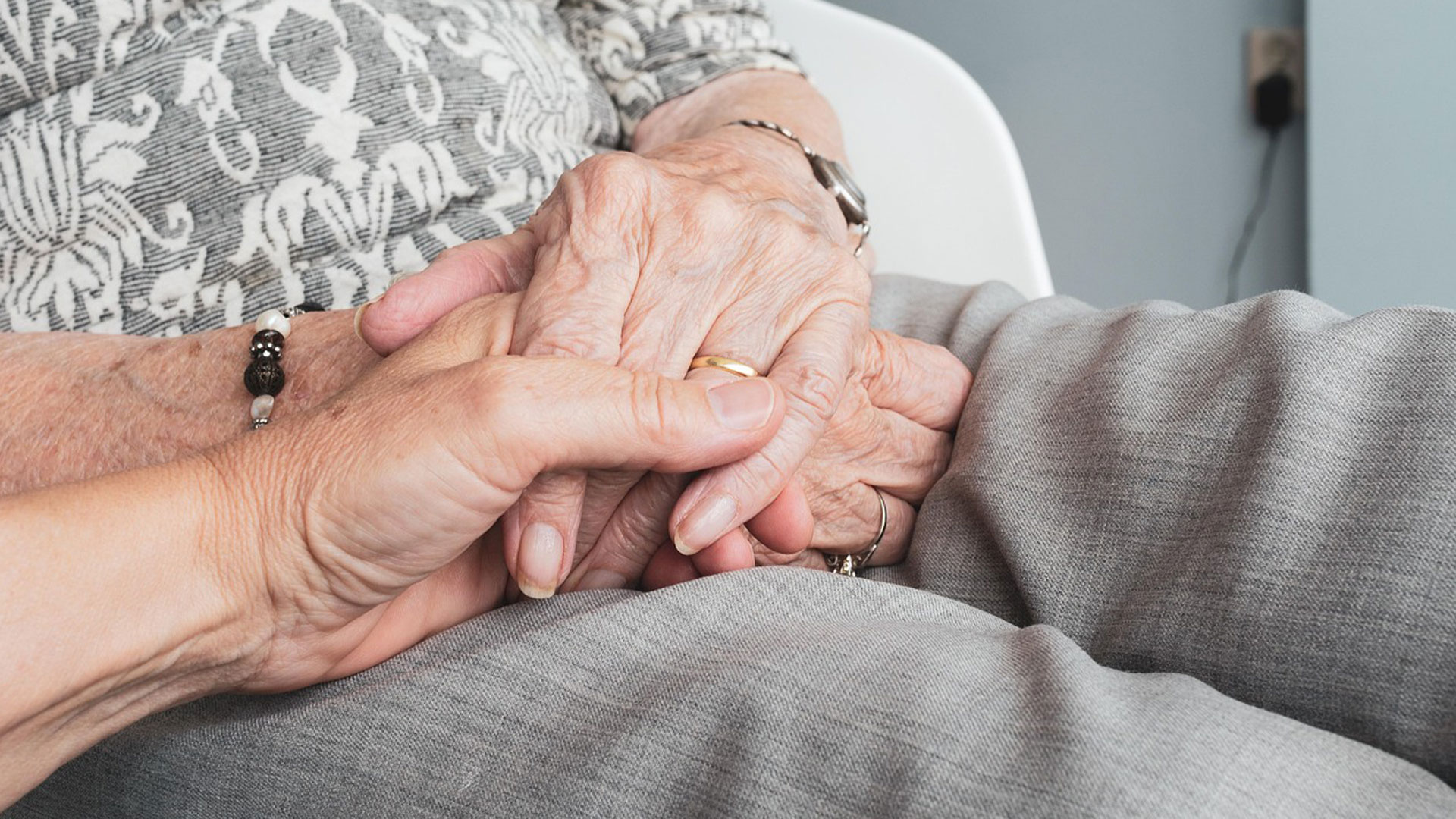Writing a will is essential for everyone, but for same-sex couples, there are specific legal and practical issues that can arise—especially if the couple is not married or in a civil partnership. Here’s a breakdown of the key concerns and issues that same-sex couples should consider when preparing a will:
1. Legal Recognition of Relationships
Married or Civil Partners
- Since the Marriage (Same Sex Couples) Act 2013, same-sex marriages have the same legal status as opposite-sex marriages.
- Civil partnerships have been available to same-sex couples since 2005, and since 2019, also to opposite-sex couples.
- Spouses and civil partners are automatically entitled to inheritance under the intestacy rules (if no will exists).
Unmarried Couples
- Unmarried same-sex partners have no automatic inheritance rights, regardless of how long they’ve been together.
- Without a will, the surviving partner could receive nothing—the estate may pass to blood relatives instead.
Solution: Write a valid will specifying what your partner should receive.
2. Inheritance Tax (IHT) Issues
Married/Civil Partners
- Transfers between spouses or civil partners are exempt from IHT.
- The unused portion of the nil-rate band (£325,000 in 2025) can be transferred to the surviving spouse/civil partner.
Unmarried Couples
- Gifts between unmarried partners are not exempt from IHT.
- If you leave assets above the nil-rate threshold, your partner could face a significant tax bill.
Solution: A well-planned will and potential use of trusts or life insurance can help mitigate IHT.
3. Parental Rights and Guardianship
- In families where one partner is the biological parent, it’s vital to establish legal guardianship and parental responsibility in the will.
- Without legal parental status or guardianship, a surviving partner in a blended family may not automatically retain custody of children.
Solution: Include clear guardianship wishes in your will, and make sure both partners have legal parental responsibility (via adoption or parental agreements, if applicable).
4. Next of Kin & Funeral Arrangements
- In UK law, next of kin is not legally defined, but hospitals and coroners often default to blood relatives.
- A surviving same-sex partner may be excluded from making medical or funeral decisions without legal documentation.
Solution: Your will can include funeral instructions and should appoint your partner as your executor to ensure your wishes are followed.
5. Challenging the Will
- Disgruntled family members may try to challenge a same-sex partner’s inheritance, especially in cases of estrangement or prejudice.
- Claims under the Inheritance (Provision for Family and Dependants) Act 1975 may arise if someone feels they were unfairly left out.
Solution: Write a clear, professionally drafted will and consider leaving a letter of wishes explaining your decisions.
6. Updating Wills After Marriage or Partnership
- Any will made before a marriage or civil partnership is automatically revoked unless it was written “in contemplation” of the marriage.
- Failing to update your will after marriage can mean dying intestate, which might not reflect your intentions.
Solution: Update your will after any change in relationship status.
7. Joint Property Ownership
- Property owned as joint tenants passes automatically to the surviving partner, outside of the will.
- Property owned as tenants in common passes according to the will—or intestacy if no will exists.
Solution: Review how your property is held and ensure your will reflects your intentions.
To learn more about how our friendly family-oriented estate planner, Jane Amos, can help you with estate administration and other related issues, call us on 01273 385833 or contact us online and we’ll ring you back.







